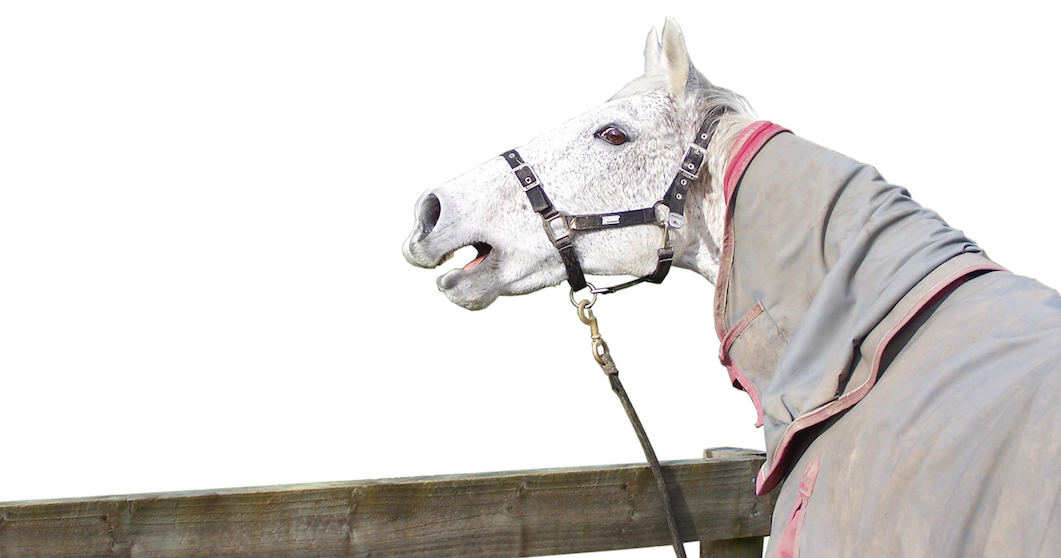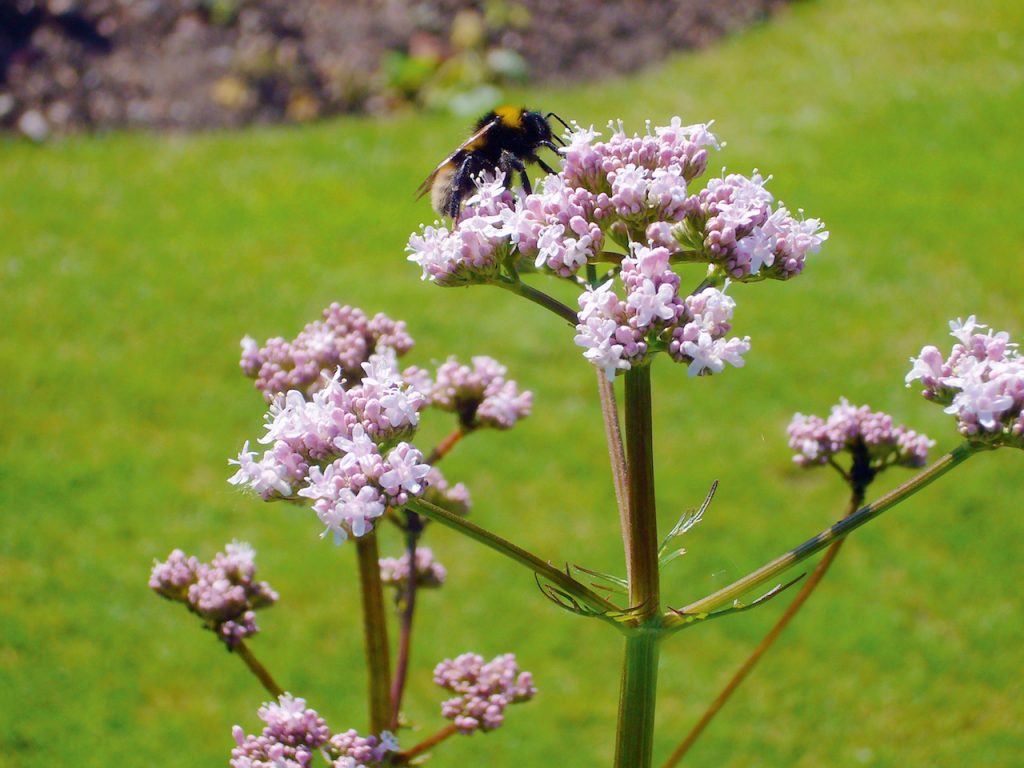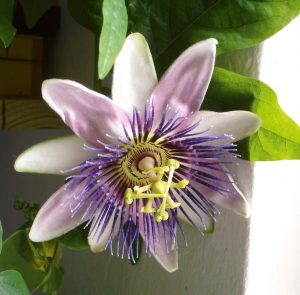
Separation anxiety is quite natural for herd animals like horses, and it can be distressing both for the horses and for us as owners.
In the wild, horses live in groups of around 11 mares with one to three stallions. As foals, the youngsters stay with their mothers in a group, weaning themselves gradually as they become both physically and mentally ready for independence. They remain in the family group, however, with their dam close by for support if it’s needed.
This is in stark contrast to the usual way domestic horses are weaned. In many cases, the foal is separated from its mother, shut in a stable, possibly close to other young horses but with no physical contact, and with probably no support from adult horses.
In his book Animal Behaviour, Paul McGreevy describes various behavioural issues which he traces back to stressful weaning. Although domesticated horses may appear vastly different from their wild cousins and ancestors, they maintain many of the innate behaviours just below the surface.
Knowing the way herds work, it is easy to understand how horses will bond strongly and therefore become quite stressed when separated.
Of course, separation does occur in the wild. Changing groups is part of the life of a horse and starts when they leave the natal group. Up to 80% of young horses will leave between the ages of three and five – but they will move from one group to another, rather than spend much time on their own.
Separation anxiety can manifest itself by behaviour like running the fence, increased vocalisations and reduced time spent grazing.
Serious separation anxiety can lead to self-injury in the horse and be very dangerous to the rider or handler.
In the long term, it can lead to chronic stress and excessive cortisol production. This is a stress hormone and over a period of time this excess can be detrimental to the horse’s immune, cardiovascular, reproductive and digestive systems.
What can be done to help?
Horses can be conditioned to tolerate separation, so if you feel your horse is particularly needy it is better to try and accustom him to being parted from his mates. If the situation has already got to the stage of being a serious issue, then it will be necessary to train the horse to be away from his herd mates. To do this you need to start by separating them by only a small distance and for a short period. Slowly increase the time and distance. It is important not to be impatient, as this process may take some time.
As well as training, there are a number of herbs that can really help in both the short and long term. For those competing under FEI conditions, you will need to check yourself on whether these are controlled or banned substances under their rules.

Valerian (Valeriana officinalis) is so fast-acting that you should be able to see results in about 30 minutes. However, it also wears off quite quickly so is really good to use when you are actually moving the horse away from its position of comfort.
Don’t forget that you may also need to treat the one being left behind.
Some horses become extremely agitated and may need bigger doses than you would normally expect to use for calming. We were recently involved with a broodmare who was moved prior to foaling so she could be monitored and watched. She was particularly agitated and needed 100ml of valerian twice a day to calm her down. Even at this dose she was upset and needed to be held in a small pen to stop her fence-walking, but she calmed down and after a week regained her normal composure.
One would not normally need to use such big doses, but this example serves to indicate just how wound up some horses can become.

There is a range of other effective calming herbs which could also be used for horses.
These include passionflower (Passiflora incarnata), hops (Humulus lupulus), lemon balm (Melissa officinalis) and wild lettuce (Lactuca virosa).
You may need to experiment to find the one best suited to your horse.
For a longer term approach, St John’s wort (Hypericum perforatum) often works really well. However, you need to remember that it is not quick acting and in some horses may take a few days to have a noticeable effect. We have found it to be excellent where there is long-standing learned avoidance or habitual behaviours where retraining or reconditioning is needed. Although it is used in humans for certain depressive states, in horses it is used more as a mood enhancer. You should plan to use it for several weeks. Luckily, long-term use is no problem and you will need no more than 20ml twice a day; perhaps less.

Coping with long-term stress
We are all familiar with the concept of stress and the release of adrenaline to aid flight or fight. In horses, the most common reaction is flight, but we of course discourage and prevent this through our management.
Prolonged, unresolved stress becomes harmful and can lead to other health problems like ulcers and behavioural problems.
Regardless of the source of stress, the response by the body is the same. One of the key events is the release of cortisol by the adrenal glands. Cortisol is a hormone with wide-ranging effects on tissues throughout the body. These effects are beneficial at the beginning, but ultimately decrease the uptake of glucose into the cell and may have a negative impact on energy metabolism.
Chronic stress as we may see in ongoing or repeated episodes of separation anxiety can have a negative impact on immunity, digestion, behaviour, reproduction and the cardiovascular system. Increased gastric ulcers, colic, and diarrhoea may also occur.
The obvious answer is to relieve the problem, but, as we have seen, that may take some time.
Adaptogenic herbs
These are a group of herbs that help the body (horse or human) to adapt to stressful situations and minimise negative effects. In the 1950s, Soviet exercise physiologists began studying this group of plants for use by elite athletes. They termed these plants ‘adaptogens’ because of their ability to help the body adapt to its environment.
These are a well studied group of herbs. Over 1000 scientific studies have been published on the biological effects of Siberian ginseng (Eleutherococcus senticosus) alone. Other adoptogenic herbs are golden root (Rhodiola rosea), schisandra (Schisandra chinensis) and aralia species.
So, if separation anxiety is a serious issue you may find the advice of an equine behaviouralist helpful but also talk to your herbalist about a supporting formula to help you and your horse overcome this distressing problem.
- This article was first published in the October 2011 issue of NZ Horse & Pony








